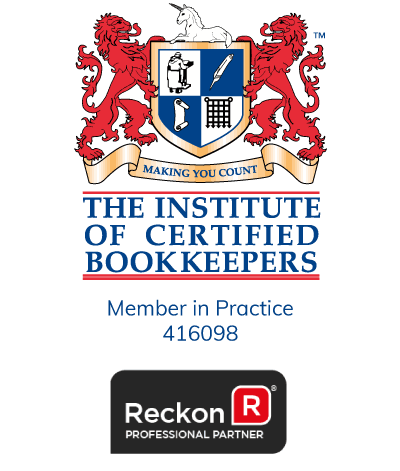How small business owners and bookkeepers can work together
Many small business owners begin with very basic bookkeeping skills and limited understanding of the potential for becoming overwhelmed by ‘red tape’ and reporting obligations. This is common and very often leads to the creation of a backlog of accounting and administration issues, especially as the business builds momentum in the second year and operators find themselves too busy to attend to regular bookkeeping tasks.
The Institute of Certified Bookkeepers have compiled the following very simple list of reasons for small business owners to employ or engage a competent bookkeeper to assist you in setting up an easy to use system at the beginning or as a result of reviewing your processes as you become too busy to keep up.
Why you need a bookkeeper
- To keep all of the records up to date so you can get accurate financial reports, and to assist with legal record keeping requirements.
- To help in keeping your end of year accounting bills down; by accurate processing throughout the year, there are fewer adjustments required by the tax agent.
- To avoid late penalties by making sure the GST, PAYG tax and superannuation compliance obligations are attended to.
- Free up your time so you can work on your business rather than trying to do tasks better done by an expert bookkeeper.
- Receive information about patterns, trends and cycles, areas of growth or reduction and potential issues.
- Minimise the risk of fraud by having another set of eyes overseeing your accounts and conducting ongoing auditing and assurance.
- Having someone on your side that can advise and support you in many aspects of your business – from daily operations and business systems to the big picture of how your business is performing and achieving business goals.
The bookkeeping process
- Checklists: these should be used for consistent professional bookkeeping.
- Sales Processes: this includes sales orders, invoicing, receiving payment and following up on late payments.
- Purchase Processes: this includes purchase orders, bills, supplier payments and inventory management.
- Payroll Processes: this includes the setting up employees, processing of pay runs and reporting on superannuation, PAYG tax withholding and employee entitlements.
- Banking Processes: this includes the reconciling all of the bank accounts, the point-of-sale systems and the credit cards used for the business.
- Verification of Accounting Figures: it is easy to assume that “the software is always right” but problems can occur for a variety of reasons in the accounts, and prior to preparing a BAS or other reports.
- Reporting to the Owner: the financial reports need to be inspected on a regular basis, providing reliable reports, commonly on a monthly and quarterly basis.
You and your bookkeeper working towards success
A professional bookkeeper concentrating on the required regular tasks to manage your business in a financial and accounting capacity, can also provide trusted guidance and valuable insight into areas of your business impacting your results. This will allow you to focus on providing quality goods and services to your customers and lead you towards continued success.




